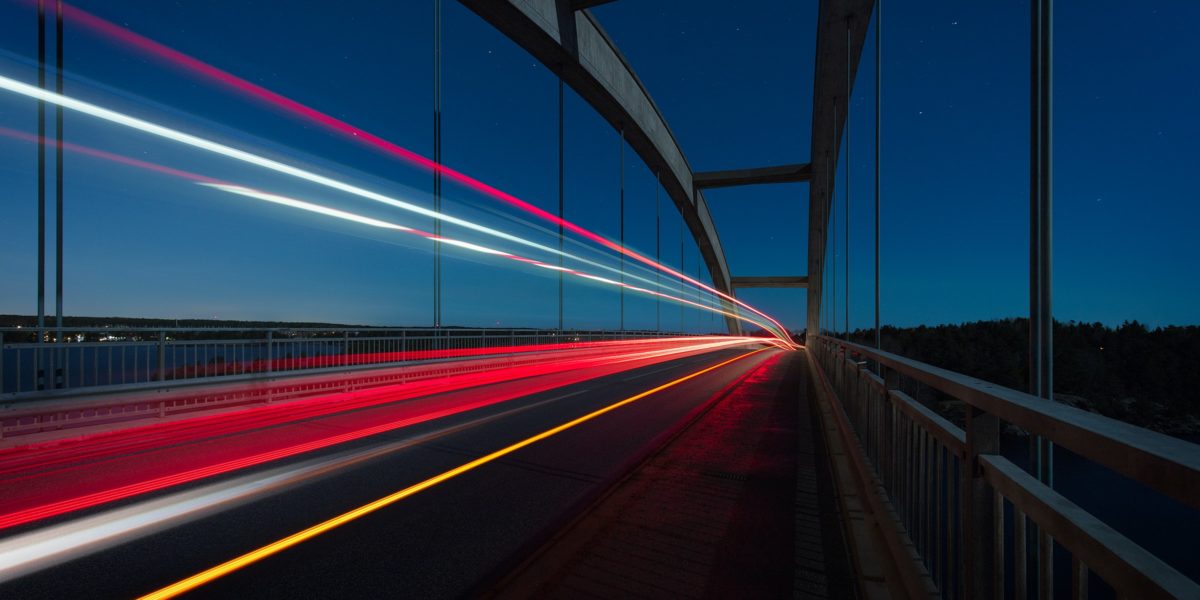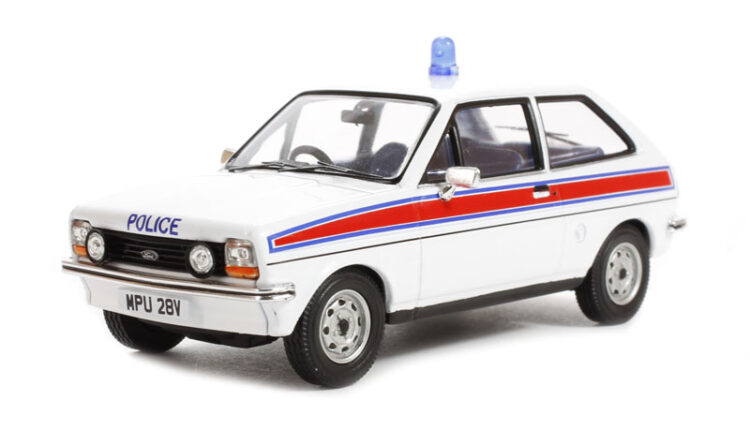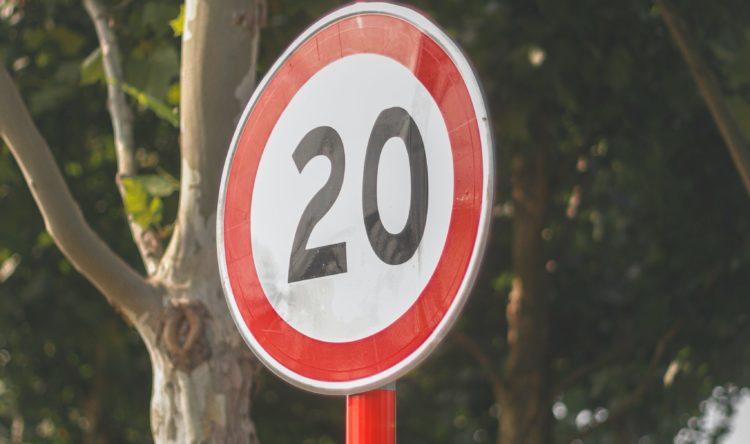Support for average speed cameras
Drivers call for more average speed cameras to reduce speeding
A new survey of motorists has found more than half would support the use of more average speed cameras on motorways.
However, in the same report from the RAC, more than half of drivers (56%) also admit to breaking the speed limit. A third (34%) of those confess to travelling at speeds in excess of 80mph.
Three per cent say their fastest speed on a motorway was over 100mph while 4% believe their top speed was 91-100mph. However, the vast majority – two-thirds (66%) – state their highest speeds on motorways was 71-80mph, and a quarter (27%) admit to 81-90mph.
Not my fault
The reason for breaking the speed limits vary. Most drivers (39%) said they were simply following the example set by other motorists. Three-in-10 (31%) say it was because they thought it was safe to travel faster than 70mph.
Other common reasons for speeding on motorways are: nothing else being on the road (28%); the speed limit being inappropriate (27%) and feeling pressure from other drivers behind (26%).
Help us
When it comes to enforcement, 58% of the 3,000-plus motorists surveyed for the RAC Report on Motoring said they favoured ‘average speed cameras’. These measure speeds between cameras rather than at a single, fixed location. Only a fifth (18%) feel fixed position cameras are most effective, while 12% believe more mobile speed traps are the way ahead.
Currently, average speed cameras are only used on some A-roads. On motorways, they are currently only used in sections undergoing roadworks. However, more than half of drivers (54%) would like to see them used in general motorway conditions enforcing the 70mph-limit. Only a quarter (26%) disagreed with this idea, with 18% unsure.
Average speed cameras were also preferred by the majority of drivers for use on 40-50mph limit roads. Some 46% support this, compared to 29% for fixed position cameras. On 20-30mph limit roads however, fixed position cameras came out top with 43% of drivers saying they were best. Just a quarter (25%) support average speed cameras, just ahead of police officers operating mobile speed traps (21%).
While compliance on roads with lower speed limits is far better than the 54% who admit to exceeding the 70mph-limit. An alarming four-in-10 (39%) still admit to frequently disobeying 20mph limits. This rises to a third (33%) on 60mph country roads – statistically some of our least safe roads – and to 36% on 30mph urban roads.
Worryingly, 11% of limit-breakers claim to have driven above 40mph in a 30mph zone while 10% have exceeded 30mph in a 20mph zone. In the case of the latter, 45% of those who speed at least occasionally say this is because they believe the limit is ‘inappropriate’ for the area or stretch of road in question.
Different perspectives
“Despite more than half of drivers admitting to regularly exceeding the 70-mph speed limit, road safety statistics clearly show that motorways are our safest roads,” states RAC road safety spokesman Simon Williams. Considering the numbers admitting speeding, Williams says it’s “interesting to see such strong support for average speed cameras’. He believes that drivers “see these cameras as being very effective at reducing speeds over longer distances and controlling traffic flow as well as being fairer”.
While the latest figures on speeding appear to how better speed compliance, the results are considered skewed by the pandemic and lockdowns. These have cut the number of journeys by car, and less time pressure when behind the wheel. Even so, the latest survey results appear to reveal a contradiction in attitudes to speeding ad enforcement. It could be regarded as an admittance that drivers require better enforcement to discipline their driving habits. At the same time, support for raising the speed limit on motorways appears to remain high.






